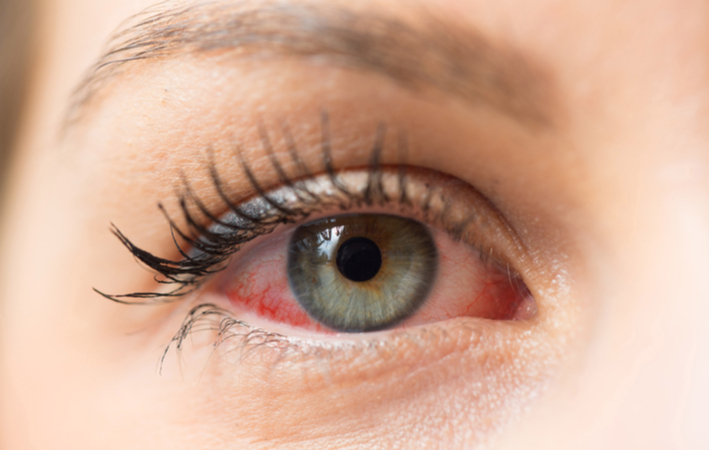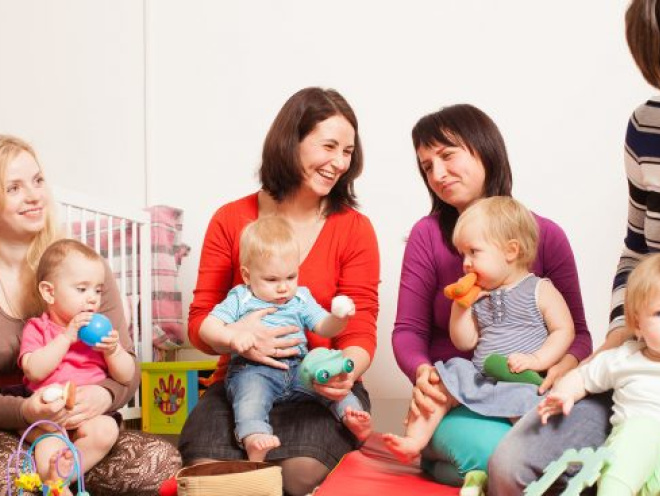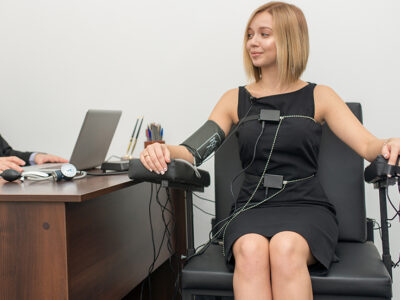First Aid Certification: A Lifesaving Skill Set
In a world where emergencies can strike at any moment, having a solid foundation in first aid is not just a valuable skill—it’s a potentially lifesaving one. Whether you’re at home, work, or in a public space, the ability to provide immediate care in critical situations can make all the difference. This is where the importance of first aid certification comes into play.
First aid for parents involves essential skills such as CPR, wound care, choking response, and recognizing signs of illness. These skills empower parents to respond effectively to their child’s health needs.
Understanding First Aid Certification
What is First Aid Certification? First aid certification is a formal recognition that an individual has completed a training program in basic life-saving techniques. These programs are designed to equip participants with the knowledge and skills needed to respond effectively to a wide range of emergencies.
Who Should Get Certified? While first aid certification is valuable for everyone, it is particularly crucial for individuals in certain professions. Teachers, healthcare professionals, parents, and anyone in a supervisory or caregiving role can greatly benefit from the specialized training provided in these courses.
The Benefits of First Aid Certification
**1. Immediate Response:
- Knowledge in Action: First aid certification ensures that you are equipped to act promptly in emergencies, providing critical assistance until professional help arrives.
- Confidence in Crisis: The training instills confidence, allowing you to approach emergency situations with a clear understanding of the necessary steps.
**2. Comprehensive Skill Set:
- CPR and AED Training: Certification typically includes CPR (cardiopulmonary resuscitation) and AED (automated external defibrillator) training, vital skills in cardiac emergencies.
- Wound Care: Participants learn how to clean and dress wounds, control bleeding, and apply bandages effectively.
**3. Increased Safety Awareness:
- Prevention and Preparedness: Certification programs cover preventive measures and teach you how to identify potential hazards, creating a safer environment for yourself and others.
**4. Professional and Legal Benefits:
- Employment Opportunities: Many employers value first aid certification and consider it a desirable qualification when hiring.
- Legal Protection: Being certified can offer legal protection in certain situations, demonstrating that you followed established protocols and acted responsibly.
Maintaining Certification
Renewal and Refresher Courses: First aid certification is not a one-time affair. To stay current, individuals must participate in renewal courses, which provide updates on the latest techniques and ensure that skills remain sharp.
Conclusion
Investing time and effort in obtaining first aid certification is an investment in the safety and well-being of yourself and those around you. As emergencies can happen unexpectedly, the ability to respond quickly and effectively can truly be the difference between life and death. So, consider taking that step towards certification—you never know when you might be the one to make a life-saving difference.









Comments